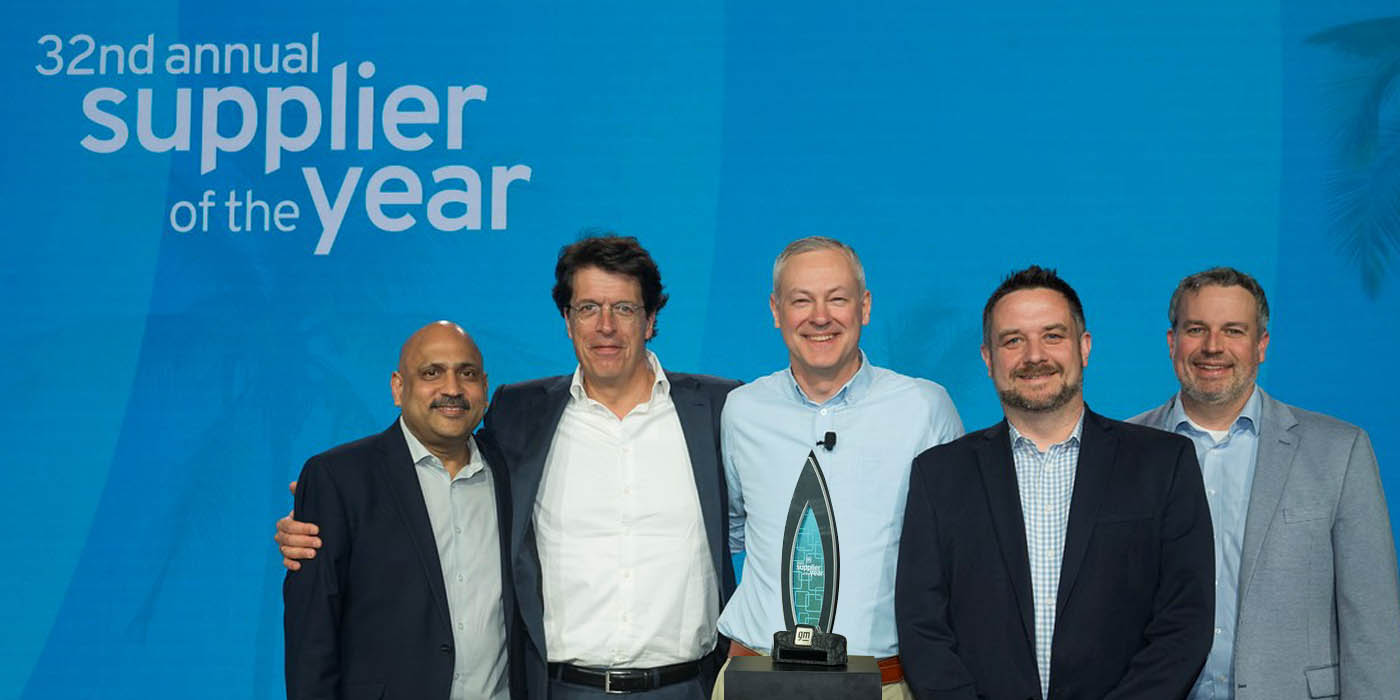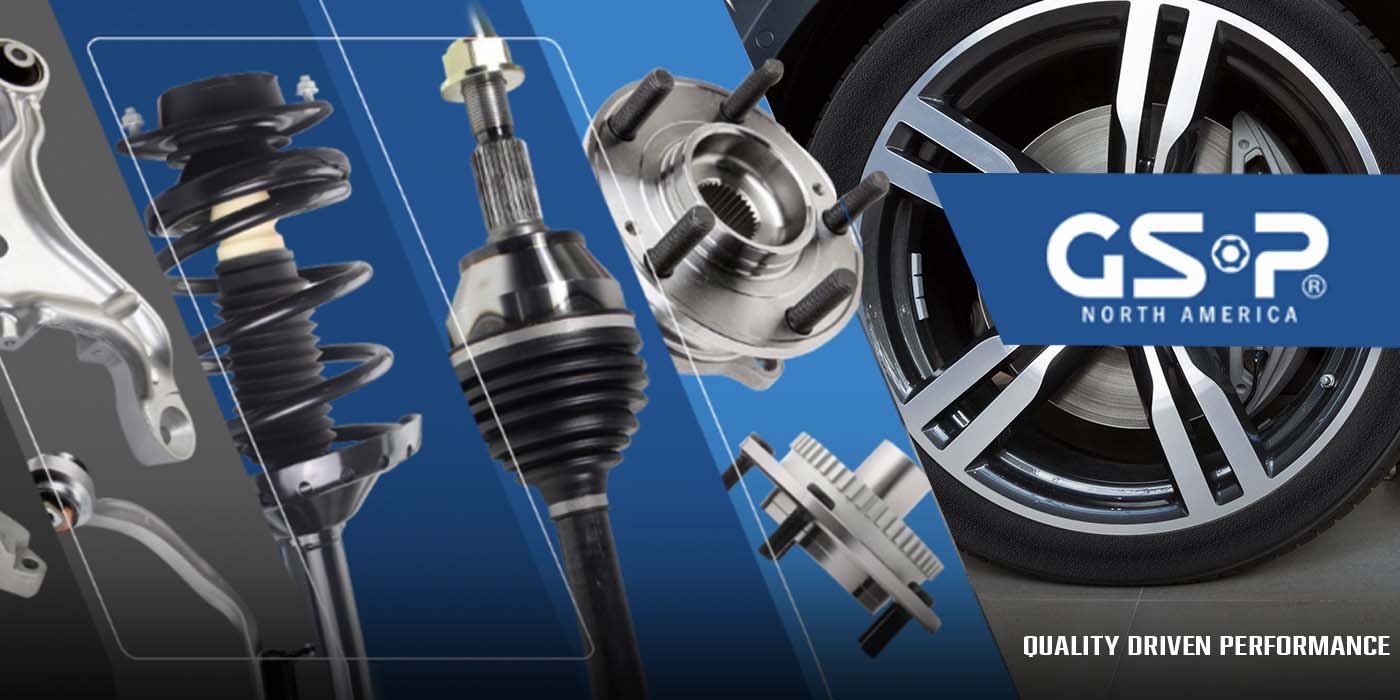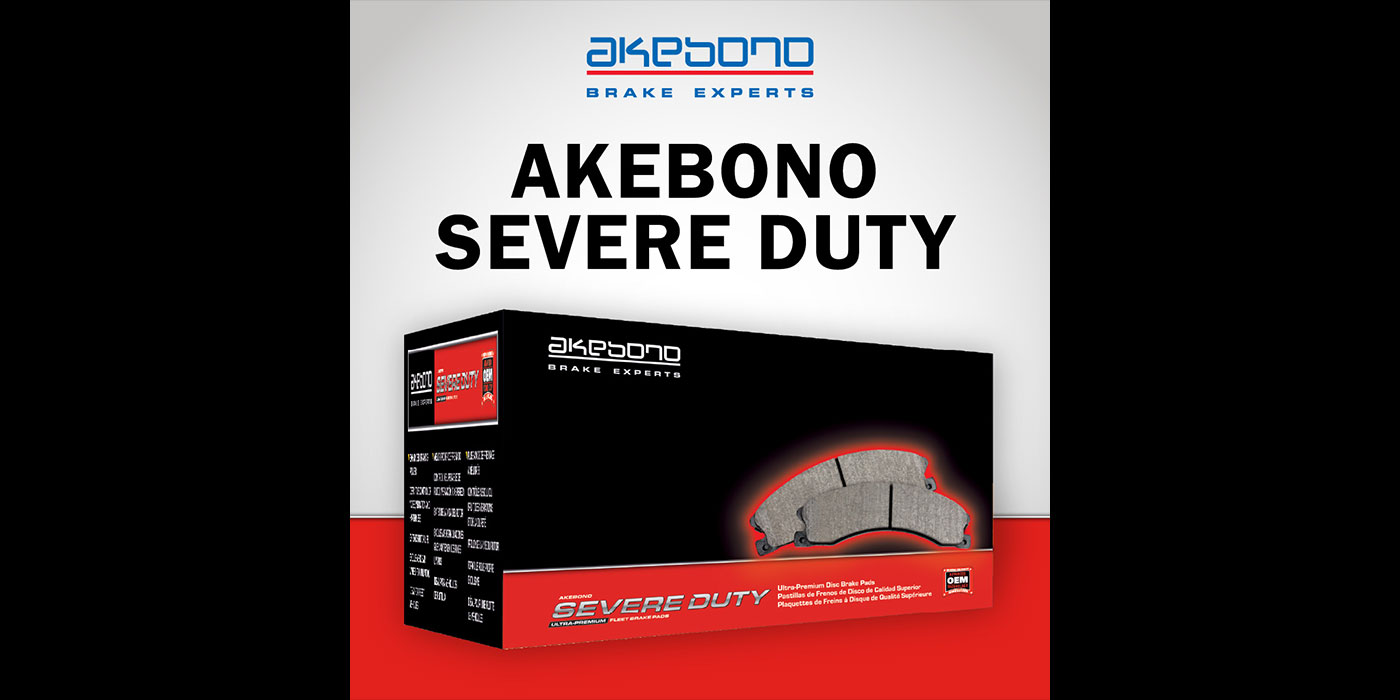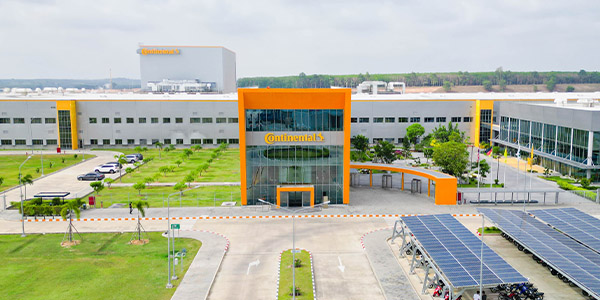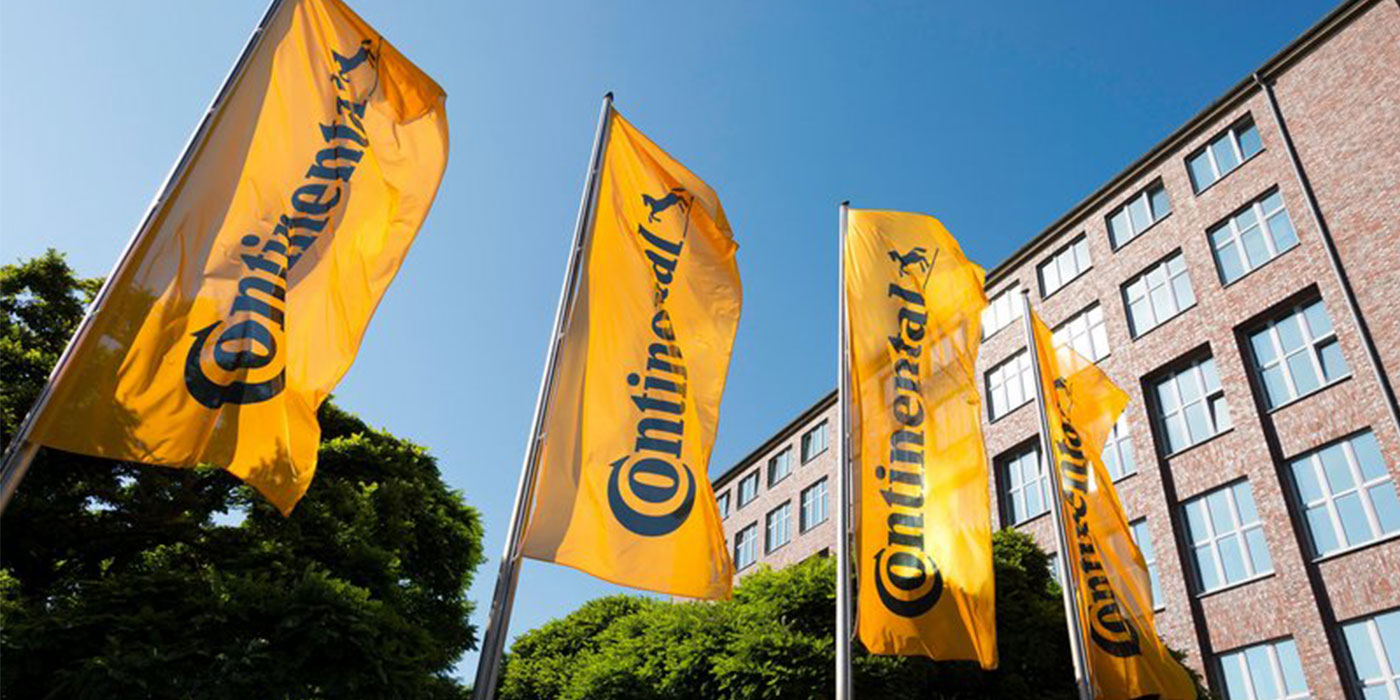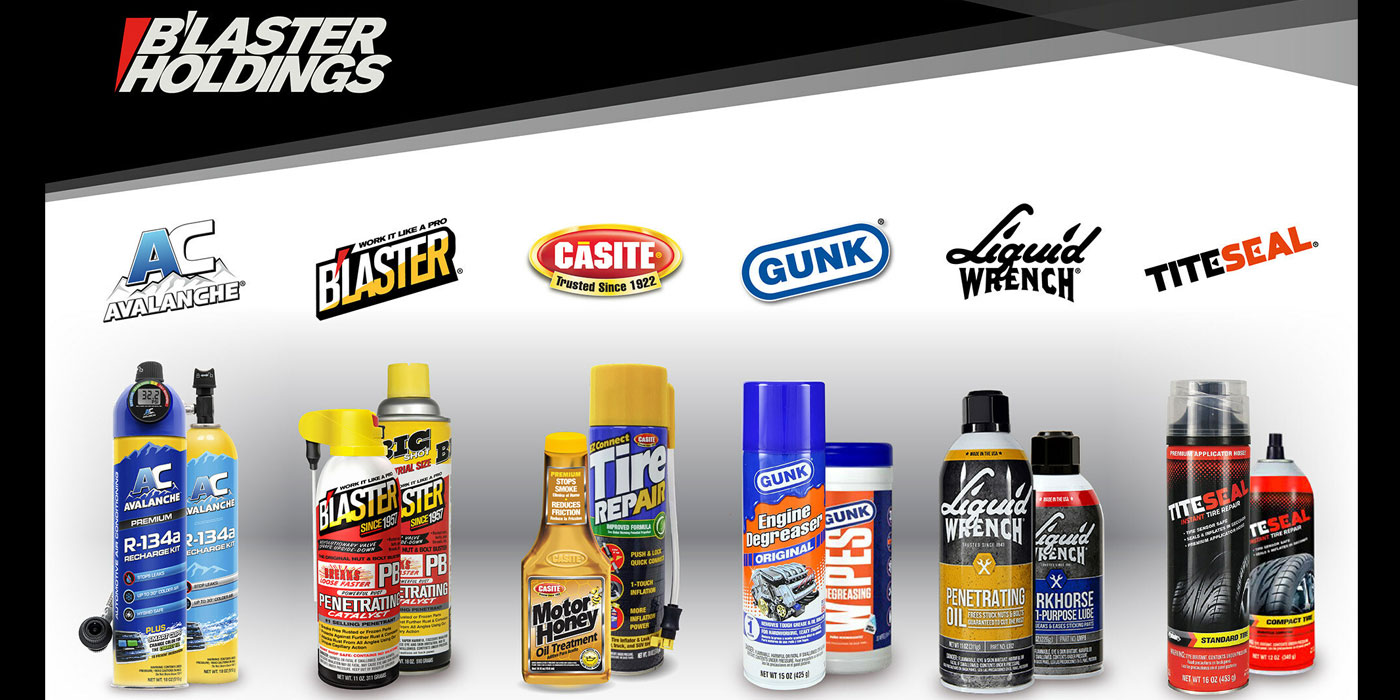
LevaData, a company that delivers applied AI to transform strategic sourcing and procurement, has released the results of a new survey of automotive executives on the topic of the newly negotiated U.S. Mexico Canada Agreement (USMCA) proposed tariffs on Chinese products, and their likely effects on the automotive industry.
The survey of 100 U.S.-based automotive executives was conducted online by Propeller Insights on behalf of LevaData in December of 2018.
Long-Term Benefits, Near-Term Drawbacks
The majority (78 percent) of automotive executives feel that the changes required by USMCA will have a positive impact on their company in the long term, and more than half (53 percent) feel USMCA will ultimately increase North American vehicle manufacturing and provide a net improvement for workers and consumers.
However, many of the participants acknowledge that production costs will increase significantly, resulting in higher prices for consumers:
- 41 percent believe production costs will increase by 10 percent over the next three years, and a significant number (26 percent) believe the increase could be 25 percent or more.
- 58 percent agree these increases will result in higher costs for consumers
Electronic components were called out as one area where increased costs are expected, with 39 percent agreeing USMCA will somewhat or significantly impact costs. The impact of these increases will likely be multiplied as these components increasingly make up a larger share of a car’s overall cost.
In what might be a signal that layoffs similar to GM’s recent cuts are coming, labor is highlighted as an area that will become more costly, with 73 percent stating employee payroll costs will increase or their workforce will be cut.
Big Changes Coming to the Auto Supply Chain
In addition to raising prices on finished goods, auto execs say they will aggressively seek savings in the supply chain to reduce the impact of higher production costs:
- 36 percent plan to renegotiate part supply deals to pass costs to suppliers.
- 35 percent will look for cost savings in the production process.
Pressure to source components from suppliers near North American assembly plants is also a top concern among auto manufacturers specifically:
- 61 percent predict suppliers near assembly plants will be favored somewhat or significantly.
- 78 percent cite finding North American suppliers or identifying alternate suppliers as a near-term priority for their supply chain.
But the proposed tariff on $200 billion of Chinese goods also is top of mind; 30 percent of the auto executives surveyed expressed concern about the impact these tariffs could have on their company, compared to 9 percent concerned over USMCA’s impact.
“The adoption of USMCA, threats of tariffs on Chinese goods, and concerns about the security of tech components made in China are going to be major concerns for the automotive industry in the coming years,” explained Rajesh Kalidindi, founder and CEO of LevaData. “Automakers will require a better upstream assessment of geopolitical risk considerations going forward. Knowing where tariffs might be applied and how they could impact cost and supply will be increasingly important — and virtually impossible to manage in Excel.”

